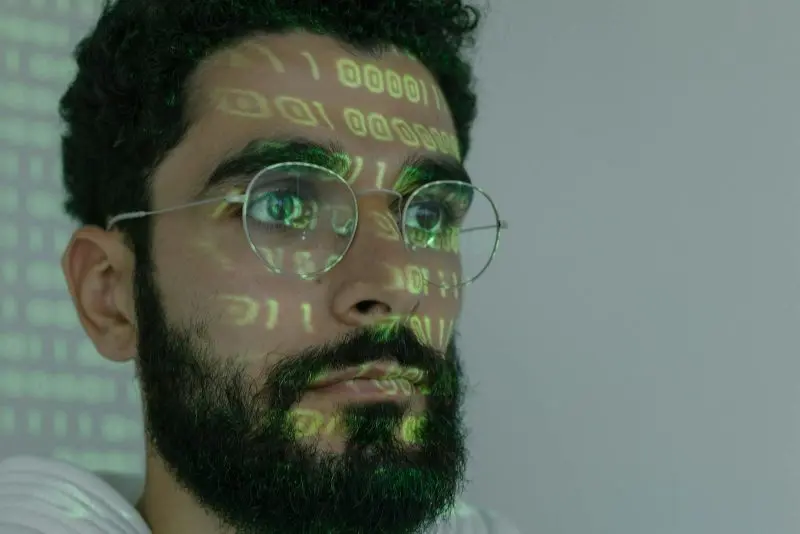
Doctors They often start the examination with a so-called “visual test”: using their first impression, they determine whether the patient looks older or younger than their actual age. This observation can later influence key decisions regarding medical care.
And soon this intuitive assessment will have support from artificial intelligence (Artificial Intelligence).
The deep learning algorithm FaceAge determines a person’s exact biological age from their selfie. Trained on tens of thousands of images, photographs This AI system found that cancer patients are, on average, biologically five years older than their healthy peers.
“We assume that FaceAge can be used as a biomarker in the treatment of cancer to assess” biological age “the patient and assisting the doctor in making difficult decisions,” said co-author of the study Raymond Mack, an oncologist at Mass Brigham Health, a leading healthcare system in Boston, Massachusetts, focused on medical research and treatment.
What did the researchers talk about?
A team of scientists suggested considering two hypothetical patients: an energetic 75-year-old whose biological age is 65, and a frail 60-year-old whose biological age is 70. Aggressive radiation may be appropriate for the first, but risky for the second.
The same logic can assist in decision-making regarding heart surgeries, hip joint replacements, or end-of-life care for patients.
As researchers have noted, there has been an increasing amount of evidence recently that people age at different rates. This is influenced by genes, stress, physical exercise, and negative habits such as smoking or alcohol consumption. Researchers trained a model on 58,851 portraits of presumably healthy adults who were already over 60 years old. The scientists used photographs from publicly available datasets.
Then the AI system was tested on 6,196 cancer patients receiving medical care in the USA and the Netherlands. For this, experts used photographs taken just before radiation therapy. The results showed that patients with malignant tumors appeared on average 4.79 years biologically older than their chronological age.
Interestingly, FaceAge evaluates features. aging unlike humans, the publication reported Science Alert For example, the algorithm pays less attention to gray hair or baldness. A more significant indicator of aging for the system is noticeable changes in the tone of facial muscles.
Hopes and risks
Researchers are currently studying how makeup, cosmetic surgery, or changes in lighting within a room can deceive the system. The team also does not rule out that the FaceAge algorithm, which will soon assist doctors, could simultaneously attract the attention of unscrupulous life insurers or employers assessing the risk of hiring someone deemed “not young enough.”
“Certainly, we need to make efforts to ensure that these technologies are used only for the benefit of humanity,” said Hugo Aerts, head of research and leader of the MGB program on the application of artificial intelligence in medicine.
It is also important to consider the psychological nuance related to a person’s reaction to the verdict of artificial intelligence. What happens to an individual who learns that their body is biologically older than they believed? Will this motivate them to make changes towards a healthier lifestyle, or will it sow unrest in their soul?
Soon, researchers plan to launch a public portal called FaceAge, where people will be able to upload their photos and register for a study to further test the algorithm.
The results of the study were published by the journal The Lancet Digital Health.
